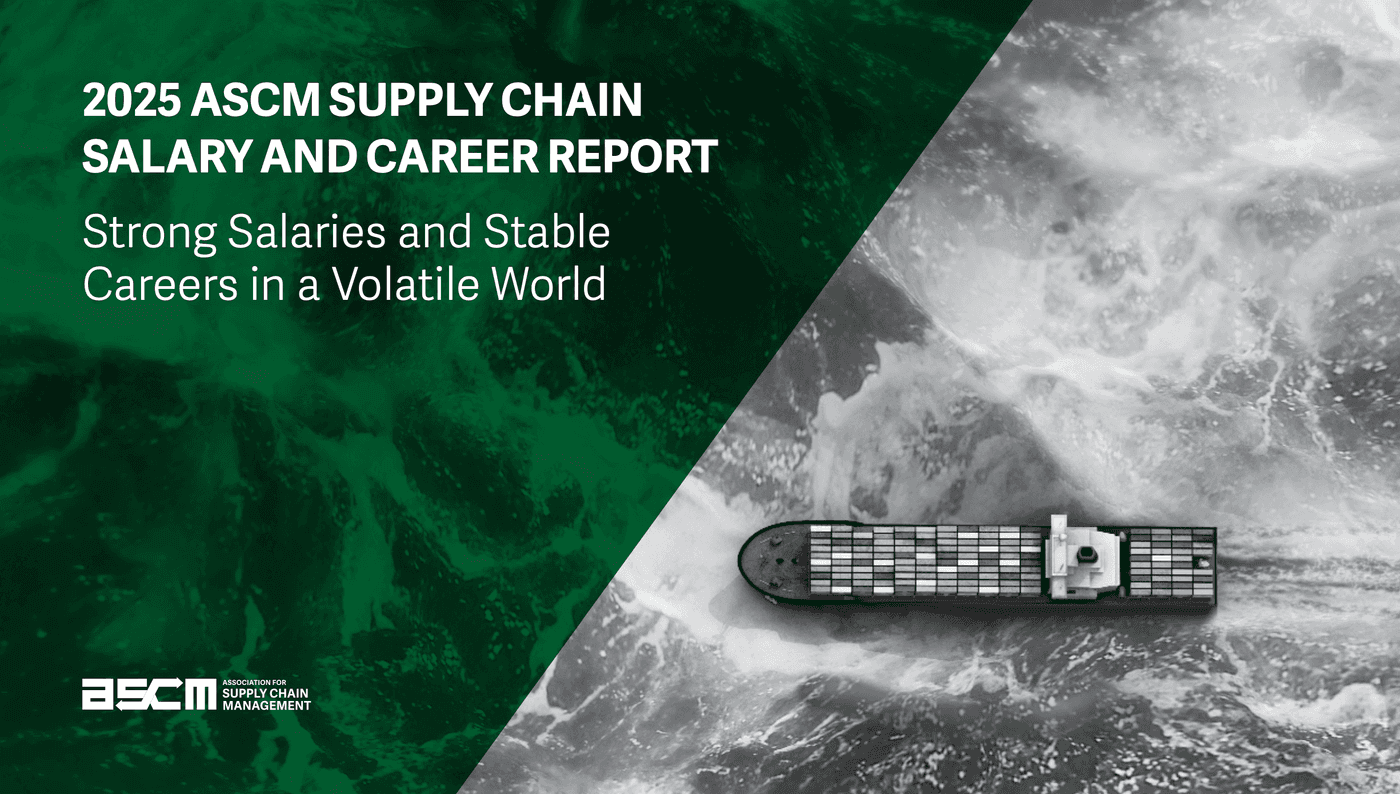The Master is divided into 13 Live Webinars (1,5 hour each) of training which cover APICS Body of Knowledge in the field.
Master APICS CLTD - Certified in Logistics, Transportation & Distribution - Interactive Live Webinar

DURATION
13 live webinar sessions of 1,5 hour
in 5/6 months

UPCOMING COURSES
25 March 2026

PRICING
3300 CHF + VAT (includes learning kit)
The CLTD programme was created with the intention of gathering together the best international experiences in logistics, distribution and transport and to create a programme dedicated to the logistics professionals able to supply: operational tools, best practices, experiences and contents to bring concrete solutions to the company. Furthermore, it enable participants to attend the course in distance learning mode.
The extent of the Master in Logistics allows it to deal deeply with all kinds of topics such as, for example: the connection with the supply chain and new trends (lean logistics), stock and warehouse management, transport, global Logistics (infrastructure, customs, etc.), distributive network planning and finally reverse logistics. The aim is to provide participants with the widest possible spectrum of knowledge of such a vast field.
The Master is based on APICS Body of Knowledge (BOK) with the aim of:
- Transferring Best Practice into the fields of Logistics, Transport and Distribution
- Preparing the candidate for international certification CLTD (Certified in Logistics, Transportation and Distribution)
- Encouraging the transition from knowledge to skills
The course is held by certified teachers with many years of experience teaching and professionally in the fields of Transportation, Logistics & Distribution.
Upon request, Advance organises in-house training programmes in any language.
-
Teaching plan
READ THE DETAILS ▾
MASTER STRUCTURE
The course is composed by:
- A training phase via live webinar
- An individual study phase with distance support for instructors
- Simulation of the exam with discussion of the results
The intensive format of the webinar requires independent study, between sessions, to make the learning process more effective. The course is taught in English.
DETAILED PROGRAMME
Module 1: Logistics Fundamentals and Strategy
- Logistics Fundamentals
- Role, Value and Cost of Logistics
- Logistics Strategy within the Supply Chain
Module 2: Demand Management and Supply
- Forecast Demand
- Understand Demand Management
- Translate Demand into Logistics Capacity Planning
- Sales and Operations Planning (S&OP)
- Distribution Requirements Planning (DRP)
- Master Scheduling and Material Requirements Planning
- Sourcing and Procurement
Module 3: Customer and Order Management
- Customer Relationship Management (CRM)
- Outbound and Inbound Order Management
Module 4: Warehouse Distribution/Fulfillment Center Management
- Warehouse Strategy, Ownership, and Roles
- Warehouse Processes and Order Flow
- Warehouse Facility Layout Decisions and Performance
- Packaging
- Materials Handling and Warehouse Automation
Module 5: Inventory Management
- Inventory Management Fundamentals
- Inventory Strategy and Policy, and Inventory Control
Module 6: Transportation Management
- Transportation Fundamentals
- Road Transportation Characteristics
- Rail Transportation Characteristics
- Air Transportation Characteristics
- Water (Ocean and Inland Waterway) Transportation Characteristics
- Multimodal, Multi-Stop, and Characteristics of Other Models
- Transportation Management
- Transportation Administration
Module 7: Global Logistics
- International Environment and Global Infrastructure
- Regulations and Global Logistics Processes
- Export/Import, Custom Clearing, and Documentation
- Finance, Payment, Currency, and Tax Options/Implications
Module 8: Sustainability, Reverse Logistics, and Risk Management
- Sustainability Principles
- Reverse Logistcs
- Risk Management Principles
Module 9: Logistics Framework, Metrics, Network Design, Transformation, and Improvement
- Logistics Framework
- Strategic Performance Management
- Facilities Planning and Network Design
- Digital Transformation and Continuous Improvement
-
Who is the course aimed at
The course is aimed at the following professional figures:
READ THE DETAILS ▾
- Logistics Managers and staff resources
- Logistics Engineers
- Logisticians/analysts
- Logistics planners/specialists
- Distribution managers and staff resources
- Global sourcing, import/export
- Inventory and logistics
- Supply chain logistics
- Traffic Managers/analysts
- Transportation/fleet Managers
- Warehouse operations Managers
- Warehousing distribution Managers
-
EXAMS
READ THE DETAILS ▾
In order to obtain the certification CLTD - Certified in Logistics, Transportation & Distribution, a single final Computer Based Exam (CBT) is required, which can be held at PearsonVue Test Centres located throughout the country.
Regarding the exam's date, there are no fixed dates to sit for CLTD exam: it is possibile to take the exam when you prefer based on the Test Centre's availability, within 12 months from the beginning of the course.
The exam consists of 150 multiple choice questions in English, over 3.5 hours.
You can find the full list of PearsonVue Test Centres at the link: http://www.pearsonvue.com/apics/ and under "Find a test centre" on the right.
-
Pricing and enrolment
READ THE DETAILS ▾
ENROLMENT FEE
3300 CHF + VAT (without exam)
NOTE:
The fee includes the official APICS learning material but it does not include the exam.
Contact our school to receive a comprehensive offer with Exam and 2nd Chance exam, at info@advanceschool.ch
The course requires a minimum of 6 participants for the activation. Seats are limited in order to allow optimal interaction between participants and instructors.
To enrol, send the registration form with the receipt of the bank transfer or a purchase order to the following Email: info@advanceschool.ch
Linked News
-

11/05/2024
2024 ASCM Survey Reveals: APICS Certification as a Competitive Edge in the Job Market
APICS/ASCM certifications boost earning potential and provide internationally recognized skills, enhancing career prospects and job satisfaction in the supply chain sector. » -

13/08/2025
ASCM Supply Chain Salary Report 2025 Confirms That APICS Certification Accelerates Careers!
The 2025 ASCM Supply Chain Salary and Career Report highlights how the supply chain offers high salaries, stability, and professional satisfaction. APICS certifications, deliver on average 20% higher earnings than non-certified peers, along with better global prospects. In a rapidly evolving sector, APICS certification is a strategic investment to enhance skills, income, and leadership opportunities. »













